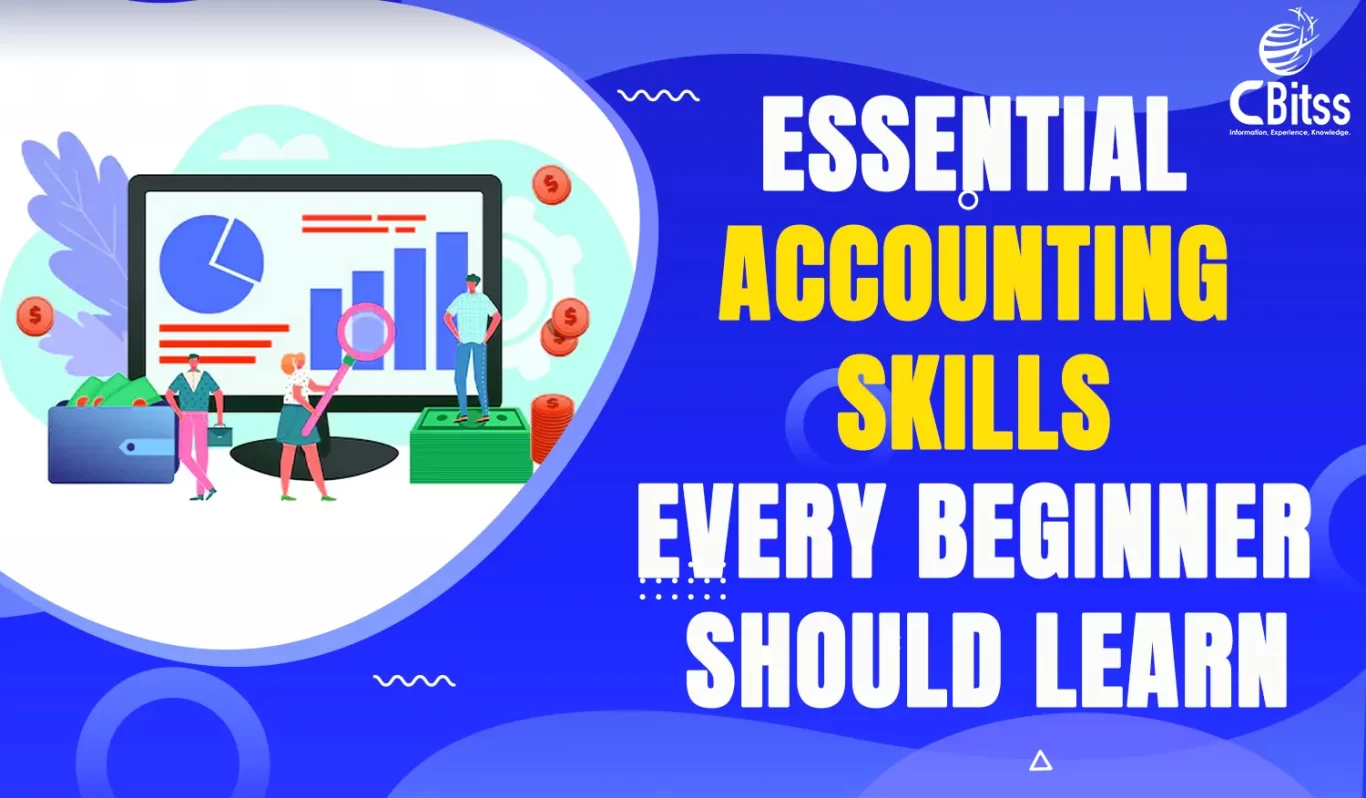Essential Accounting Skills Every Beginner Should Learn
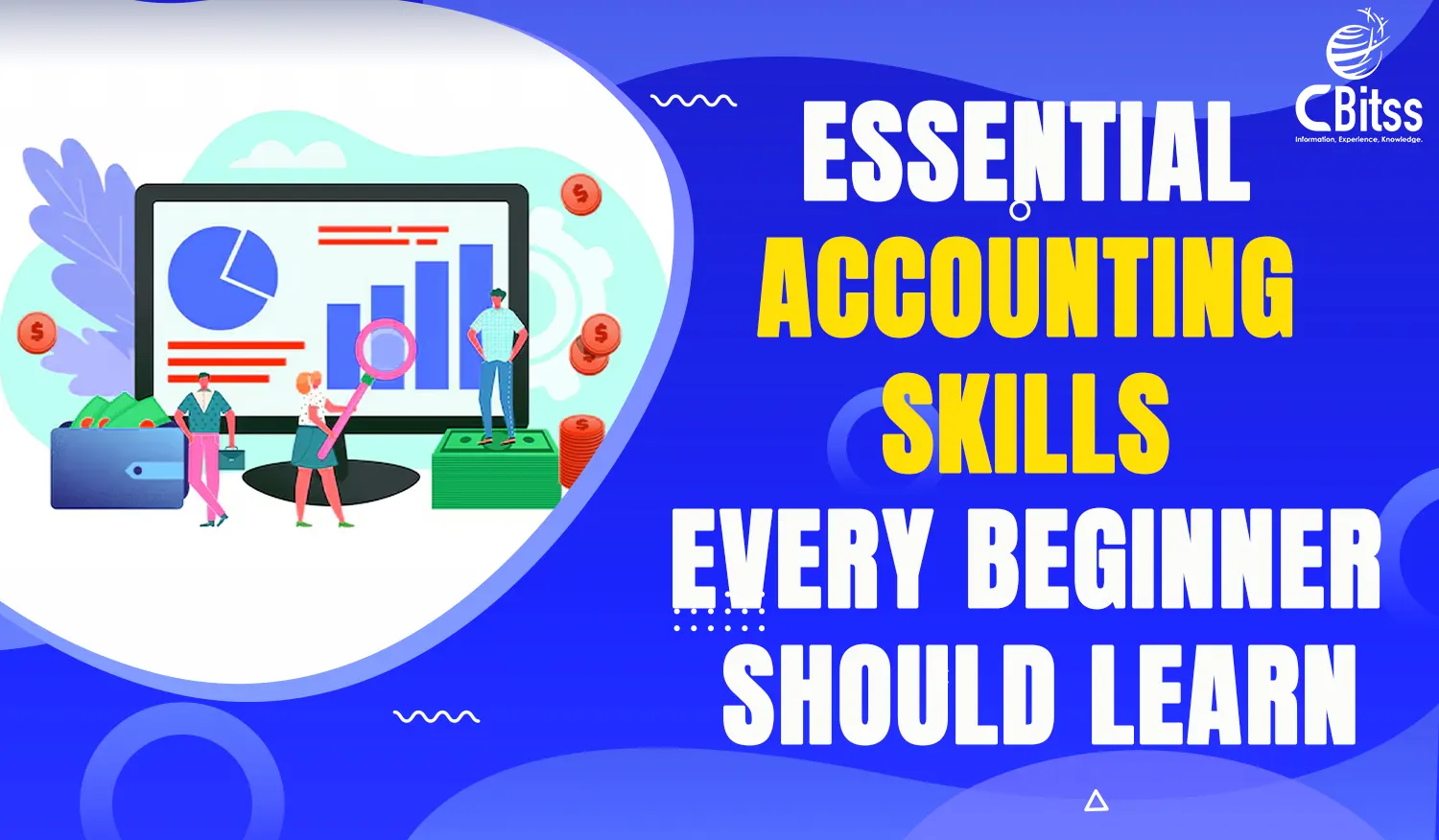
Table of Contents
ToggleIntroduction
Accounting is the life wire of every business whether small or big. No matter whether you are working for proprietorship of a start-up business, it is imperative to be good at accounting. It is because you have to handle the money yourself or for a multinational giant working as director of financial management. Yet, starting with the basics, the world of accounting is littered with confusing terminology, rules, and systems. As such, the primary goal is to concentrate on Essential Accounting Skills Every Beginner Should Learn in order to achieve success. Demands of such specific skills allows for better functioning as an accountant. So learning Accounting Courses in Chandigarh will help in improving your capacity to make proper financial decisions.
1. Basic Accounting Principles
First and foremost, beginners need to know basic rules of accounting. They lie at the core of the work to be done for accounts and help achieve comparability of accounts. Among the most important standards there are the following two. The Accrual Principle and the Matching Principle.
The accrual basis of accounting requires that revenues and expenses should be accumulated and reported to the date they occurred. Also not the time money transfer occurred. The matching principle makes sure that the expenses are recorded, relating to the revenues, in the same period.
Moreover, beginners should familiarize themselves with the basic accounting equation:
Assets <Liabilities + Owner’s Equity.
This equation gives the position of any business financially. And getting to and understanding this is very important in bookkeeping.
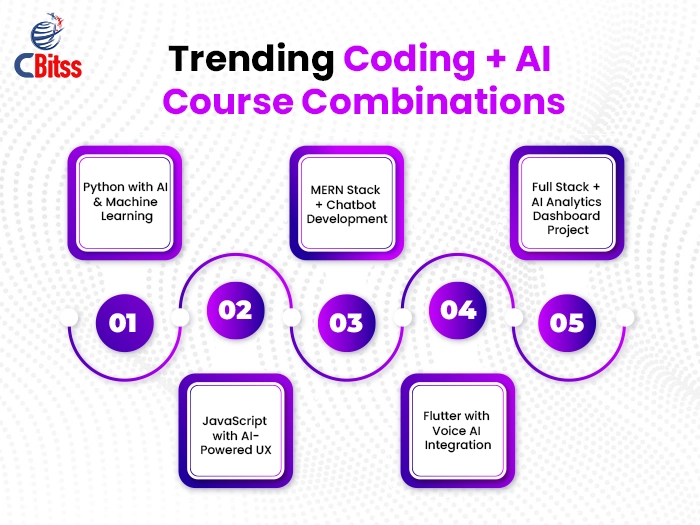
From principles to tax basics, we train you to think like a pro accountant.
Download Syllabus
2. Financial Accounting
A firm’s financial statements are the records of the firm’s financial activities in a given period. They are presented on the balance sheet, income statement or statement of cash flows.
Let us consider an effective aspect of accounting in order to prepare & understand the concepts of the financial statements. These statements are employed to monitor the strength of a company financially.
- Balance Sheet: It gives an indication of the worth of a business, which may contain assets, liability, and owner’s equity.
- Income Statement: It presents the total amount of money that a company generated. And the total amount that was spent over a given period to reflect the company’s earnings.
- Cash Flow Statement: This statement allows for an understanding of how liquidity is retained. Or how the financial obligations of the company can be met.
Skill Area | Description | Key Tools/Concepts | Practical Application |
Basic Accounting Principles | Understanding the core rules and frameworks that guide accounting practices. | Accrual Principle, Matching Principle, Accounting Equation | Ensures accurate and standardized financial reporting. |
Bookkeeping | Recording daily financial transactions systematically. | Ledgers, Journals, Double-Entry System | Maintains accurate business records for audits and analysis. |
Financial Accounting | Preparing and interpreting financial statements. | Balance Sheet, Income Statement, Cash Flow Statement | Helps stakeholders evaluate business performance. |
Budgeting & Forecasting | Planning future income and expenses to guide decision-making. | Budget Templates, Forecasting Models | Controls spending and prepares for growth opportunities. |
Tax Knowledge | Understanding tax regulations and compliance requirements. | GST, Income Tax Rules, Tax Filing Software | Prevents legal issues and optimizes tax payments. |
Accounting Software Skills | Using digital tools for efficiency and accuracy. | Tally, QuickBooks, Zoho Books | Automates calculations, reporting, and record-keeping. |
Analytical Skills | Interpreting financial data to make informed decisions. | Ratio Analysis, Variance Analysis | Identifies trends, risks, and opportunities. |
3. Mastering Bookkeeping
Bookkeeping is another important competency that all beginners to the trading world need to master. Accounting entails putting down in writing all transactions of a business or company at a specific time. The fundamental requirement in bookkeeping is having a rather clear understanding of how the double-entry system is used in practice. In this system, every transaction is recorded in two accounts. A debit account and a credit account. It means that the accounting equation remains balanced. For instance, in a sales transaction, the sales revenue can be taken as a credit in the income statement whereas cash or accounts receivable will be taken as debit.
One of the most important things an aspiring accountant has to learn is how to keep proper ledgers and journals. When there is no well defined way of recording the transactions, then observing accurate financial reports becomes a big challenge.
Master essential methods, tools, and strategies for real business impact.
4. Budgeting and Forecasting
In general, budgeting and forecasting are critical planning activities that every business needs to execute future financial operations. For the new managers, they need to be taught how to prepare a budget. It is a plan of all money anticipated to be earned and all the expenses to be made within a certain period of time. Budgets assist business organizations in controlling their expenditure. And further placing capital and other resources where it will most benefit the company.
And supplemented by forecasts, which make it possible to predict future financial conditions using historical data. Forecasts aid companies in projecting when they will receive and spend their cash to suit their needs and plan how better to improve their business. As a result, beginners need to learn the aspects of analysing financial data for practical application in decision-making.
5. Tax Knowledge
The other relevant element in the training of novices is the knowledge of taxes. There are the general taxes that business organizations have to meet. They include the sales tax, corporate tax, payroll tax as well as value added tax (VAT) among others. It is very important to possess information about these taxes and their consequences with a purpose of non-violation of these laws and further penalties.
For instance, basic knowledge regarding filing of tax returns, claiming of tax allowances and DoI. Also updating of self on changes in laws governing taxes.
Therefore, all this is important to point out to any beginner who is beginning a career in accounting. Thus, by paying emphasis on the identification of key areas involving the fundamental concepts of accounting, financial statements and application of the software, the successful passage will lead to the profession in this gratifying occupation. This knowledge will make you more self-assured as you progress in your career
Accountancy like any other field requires hard work and commitment to learning.

Download Syllabus
Latest Posts
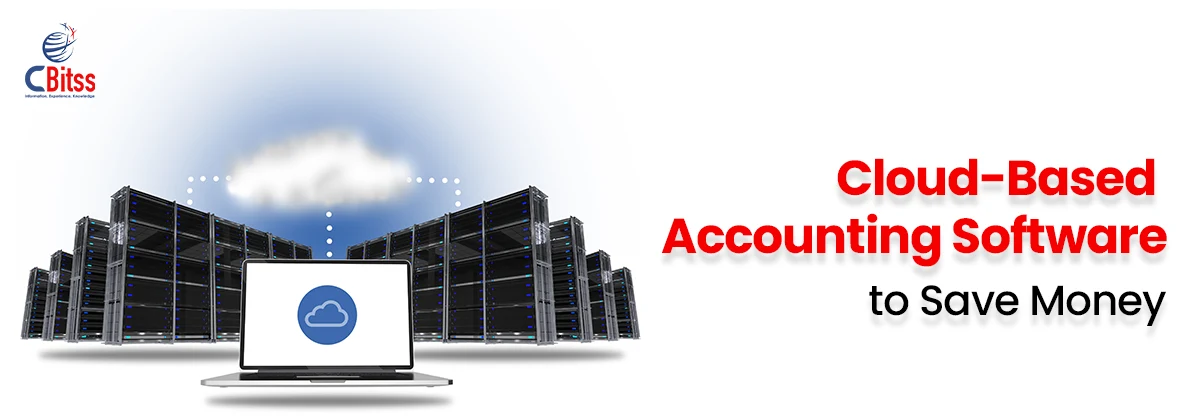
Cloud-Based Accounting Software | To Save Money

Who Tops Bloomberg Billionaires Index Today
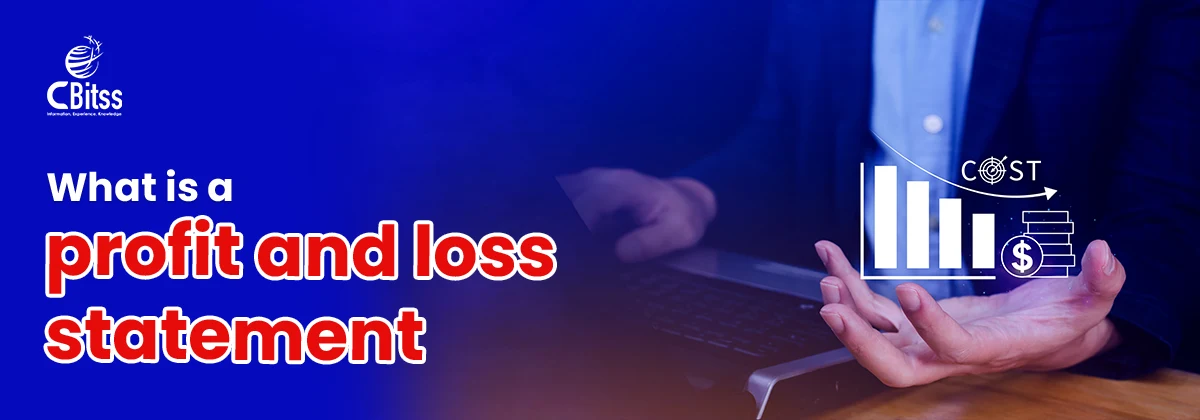
What is a Profit and Loss Statement?


